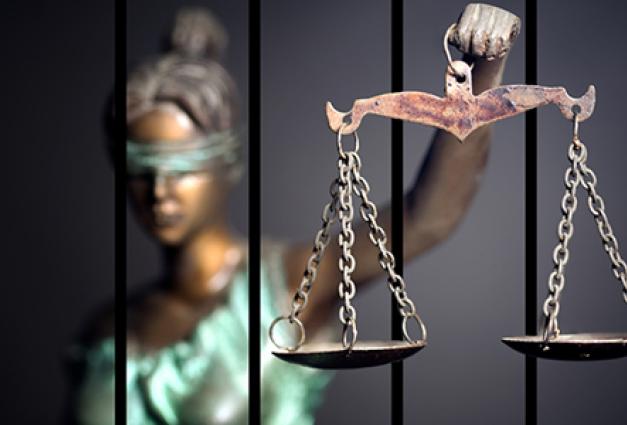
Understanding the Role of Offender History
Moral blame can be constructive, but unfortunately, blame is often destructive.

Research on "Sexual Afterglow" Shows the Lingering Benefits of Sex
Sexual satisfaction has been directly linked to the maintenance of relationship satisfaction over time.

Unleash the Tongue: The Effect of Sex on Self-Disclosure
Recent research explores whether sexual priming increases the use of strategies that foster relationship development.








